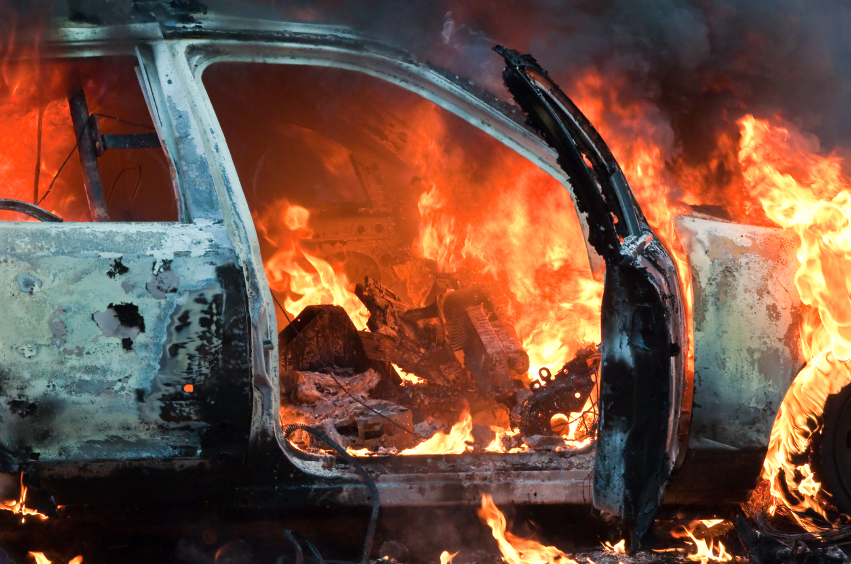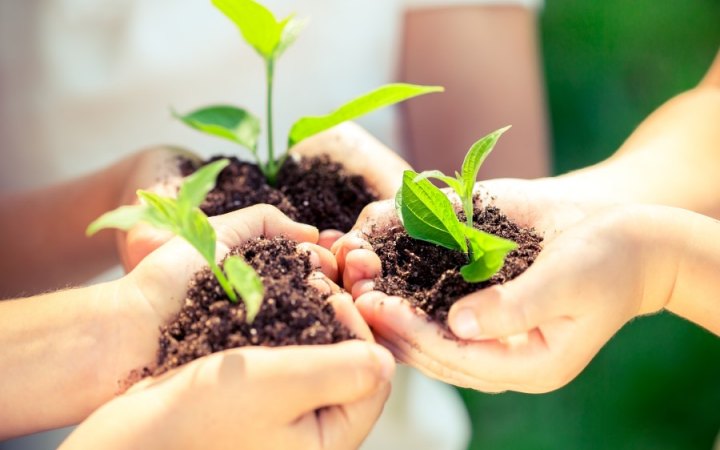The only thing certain in our world at this time seems to be change. In our own country the cabinet ministers get reshuffled like a pack of cards in a casual game of Rummy. Meanwhile, worldwide governments are in a state of flux; exiting unions and blocking entrances left, right and centre. Terrorist attacks are the order of the day. There is no doubt that we live in a complex world, made more difficult to understand by constant bombardment - through the internet and social media - of different ideas and ideologies.
What sort of education is needed to prepare children to live in a world such as this?
Education of their children is at the top of most parents’ priority lists. Many – from the top to the bottom ends of the socio-economic scale – make sacrifices to ensure that their children receive a good quality education. This is, hopefully, to get a good job, in order to secure a good quality of life. At the very least, we educate our children to be able to survive; physically, emotionally, intellectually, socially and, very importantly, economically.
Once survival is secured, all people from different walks of life, in the end, want the same things for their children and grandchildren; a world in which the resources of our planet are available to be enjoyed and where the fulfilment of human potential can be experienced, whether it be in the family or broader community, on the sports field or in the intellectual arena. These things are what provide the quality of life to which most of us aspire.
The main obstacle to achieving this quality of life on earth for all people is that most people are only interested in achieving this for their own immediate selves, families and, perhaps (for those who are more community minded) the community of which they form a part. At a national level, politicians may be concerned with their own nation’s best interests. Some people’s quality of life is, thus, achieved at the expense of others’. This seems to be the central problem in the chaos that engulfs all societies, both now and throughout history. At the same time, all major religions have at the core of their ideologies the idea that one should:
Love your neighbour as yourself.
Surely, then, the education we need to secure for our children is one that is values-based; the important values being those of mutual respect and love for all things on our planet. What does it benefit a human being to get the highest marks on a report card, which could possibly secure a high paying job, if that position of wealth, power and influence is used to trample the planet and other people underfoot?
We need a generation of children who grow up to be adults who can adapt to change through creative thinking, as well as be the agents of a new kind of change on this earth. This new thinking needs to be able to take into account the broader picture of the survival of the whole planet, rather than just one nation or group of people.
We need to have children who want to make planet earth great again.
The author Helen Morgan, owner and principal at Cornerstone Early Learning Centre, holds a Bachelor of Primary Education from the University of Cape Town (1986), a diploma in Montessori Education (for the 6-12 age group), from the Maria Montessori Institute in London (2009), and is currently completing a Masters in Montessori Education (for the 3-6 age group), at the Montessori Institute of San Diego and Loyola University in Maryland, USA.
Learning The Ordinary Magic That Constitutes A Life
If you like our Children’s Centre and think that friends’ or neighbours’ children will benefit from attending here, then please share this to your social media pages or interest groups.








